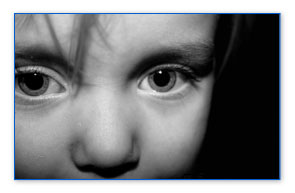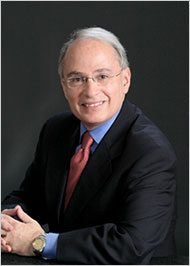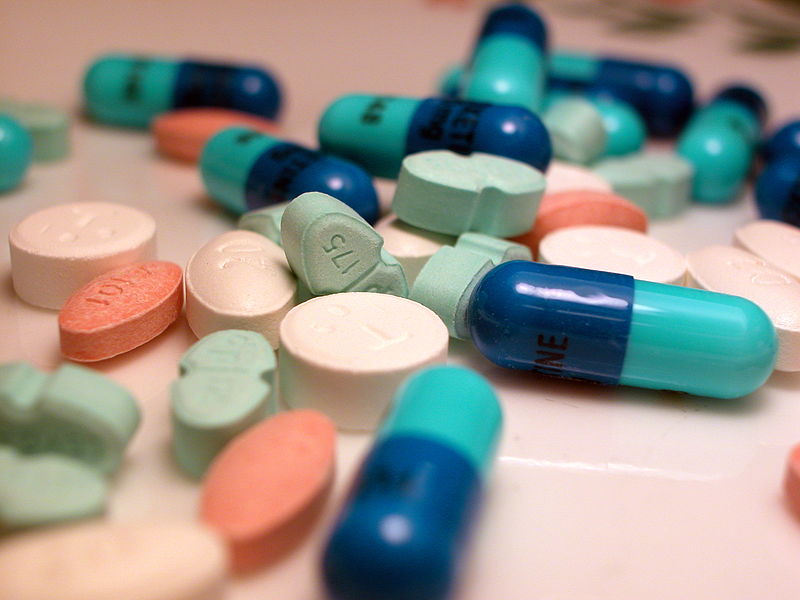
Psycho-Pharma Front Groups Paid Million$
Campaigns to “Stop the Stigma” of Mental Illness were Launched by the Psycho-Pharmaceutical Industry By CCHR International The Mental Health Industry Watchdog August 17, 2020 With…


Campaigns to “Stop the Stigma” of Mental Illness were Launched by the Psycho-Pharmaceutical Industry By CCHR International The Mental Health Industry Watchdog August 17, 2020 With…

While the FDA and its Pediatric advisory panel sit around pondering if one antipsychotic drug is more likely to cause diabetes in children than another while continuing their stall tactic of “let’s study it some more ” routine, we’d like to point out the simple solution: Considering that antipsychotic drugs are already documented by international drug regulatory agencies to cause not only diabetes but obesity, psychosis, blood clots, heart problems, cardiac events, seizures, toxicity, confusion, coma and stroke (and that’s just in kids) as well as brain atrophy (meaning they actually shrink brains); considering there is no medical test to prove any child has a brain malfunction, chemical imbalance or any physical condition requiring the administration of these lethal drugs—and considering these drugs are literally killing kids that have nothing medically wrong with them in the first place— Do the job you are paid by U.S. taxpayers to do and BAN their use on children. Period.

The primary promoters–inventors, one might say– of diagnosing children with “bipolar” disorder, who for over a decade, aggressively promoted the biopolar diagnosis and use of antipsychotics in children, were disciplined by Harvard University and its affiliated Massachusetts General Hospital.
An investigation, prompted by Sen. Charles Grassely, was conducted by Harvard University-affiliated Massachusetts General Hospital. It concluded (earlier this month) that psychiatrist Joseph Biederman and two of his proteges, Thomas Spencer and Timothy Wilens -each of who failed to disclose millions of dollars they had each received from the makers of antipsychotics, the drugs they promoted for the treatment of bipolar in children–had indeed violated the University’s/ and hospital’s conflict of interest reporting standards. The companies that paid them millions include: Eli Lilly, Johnson & Johnson, Pfizer, GlaxoSmithKline and Bristol-Myers Squibb.
Long-term-care (LTC) facilities are overusing antipsychotic drugs. One of every 7 elderly nursing home residents is receiving at least 1 atypical antipsychotic; in 83% of these cases, the drug is associated with a dementia diagnosis, yet the use of atypical antipsychotics in dementia increases the risk of death and is not approved by FDA, according to a report from the Office of the Inspector General (OIG).

In 2006, The New York Review of Books reported that four-year-old Rebecca Riley died of the effects of two prescription drugs—Clonidine and Depakote.
These medications, along with Seroquel, were prescribed for Rebecca after she was diagnosed, at the age of two, with attention deficit hyperactivity disorder (ADHD) and bipolar disorder. The three drugs are not approved by the Food and Drug Administration (FDA) for treatment of ADHD or long-term treatment of bipolar disorder, nor are they approved for children as young as Rebecca.
The New York Review of Books‘ recent two-part article (1) by Marcia Angell on the treatment of mental illness with psychoactive drugs (those that affect the mental state) addresses an issue that may one day prove very important to investors in pharmaceutical stocks. (All statistics and quotations herein are drawn from Dr. Angell’s article.) It is not illegal for a doctor to prescribe a drug off-label, that is, for a non-FDA-approved use, but a drug marketer cannot lawfully encourage a doctor to do so. The profits in psychoactive drugs, however, make it tempting to flout the law. In the past four years, AstraZeneca (AZN), Pfizer (PFE), Eli Lilly (LLY), Bristol-Myers Squibb (BMY) and Forest Labs (FRX) have all settled federal charges of marketing psychoactive drugs off-label, at a cost running into hundreds of millions.